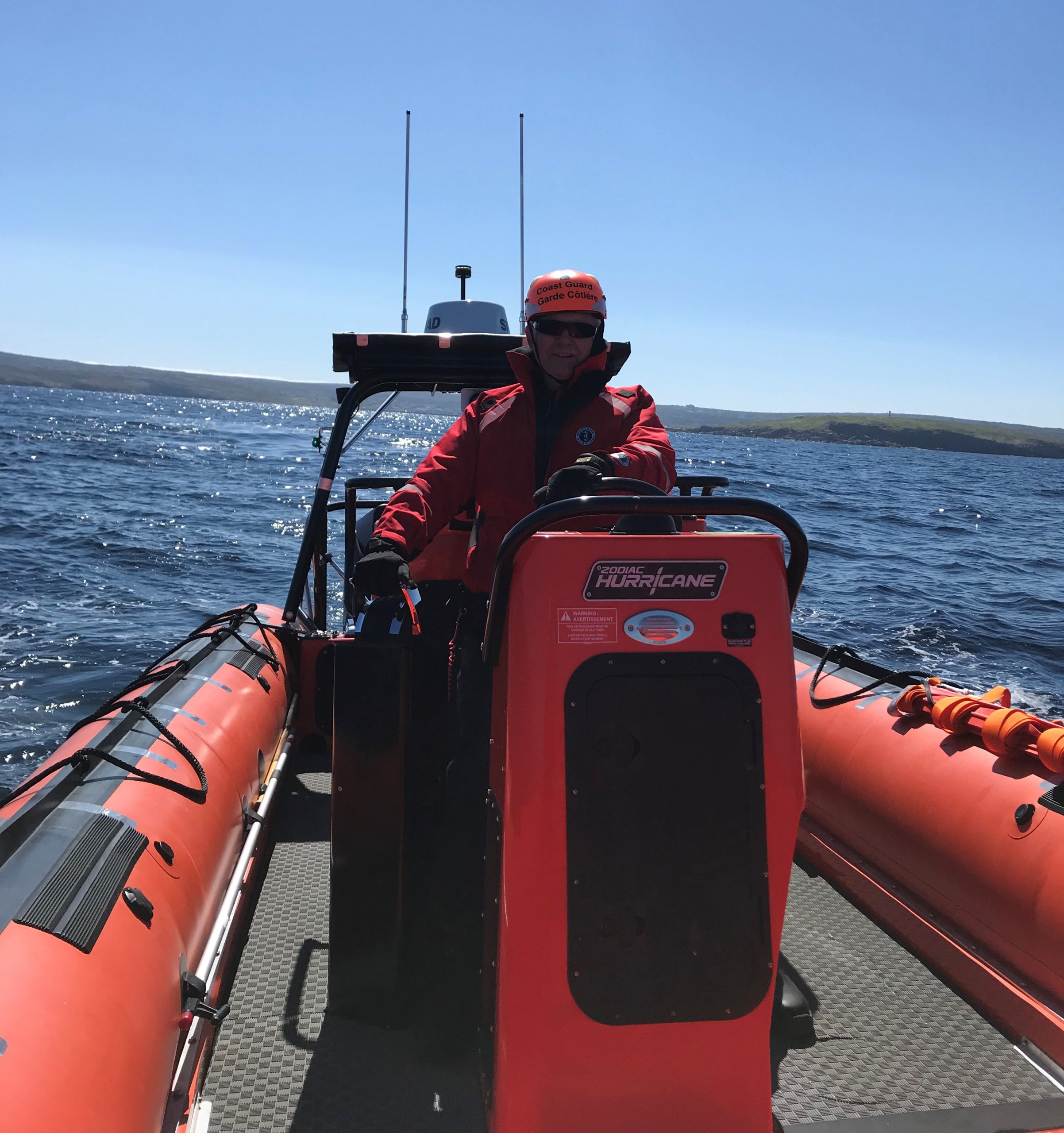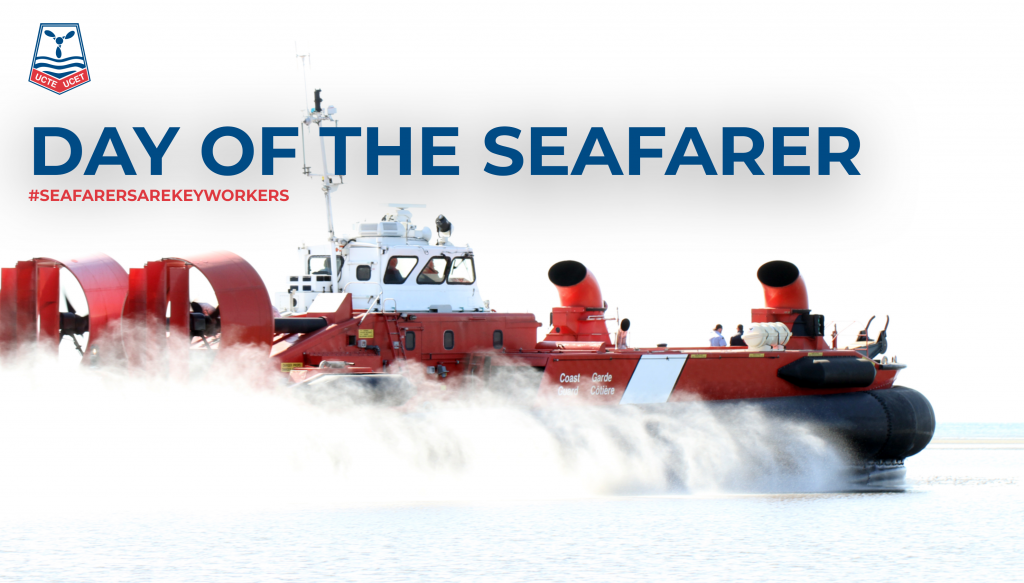International Day of the Seafarer – A special year
In 2010 the International Maritime Organization (IMO), designated June 25th as the International Day of the Seafarer as a way to recognize the invaluable contribution that seafarers make to the world economy and to pay tribute to an often-overlooked contribution to the general well-being of the general public. This is frequently done with a great amount of risk and personal cost to themselves.
UCTE’s membership consists of many members who work on the waters. They work with employers like the Canadian Coast Guard (CCG), Marine Atlantic and Offshore Recruiting Services Inc., and Canadian ports to name a few. These members put their lives on the line and face many challenges in their day-to-day lives.
Mike Johnson, a member of UCTE in the Atlantic region, works with the CCG. He is also president of local 90915. His work in the search and rescue requires him to help people in various situations including towing their vessel or providing medical assistance in Canada. Making your living from being on the seas is not for the faint of heart. Mike shared:
Another time, while working on the CCGS Ann Harvey in 2015, we were placing navigation aids on the south coast of Newfoundland. And while placing a buoy, the vessel struck the rock (which) caused the vessel to take on water. This situation created very tense moments for me and the crew on board. We were able to stabilize the vessel and was able to get the boat towed to a haven. Once we had control (of) the situation, one of our own vessels was able to get a tow to us and get us back to St. John’s.

Seafarers are on the frontline of the COVID-19 pandemic, playing an essential role in maintaining the flow of vital goods, such as food, medicines and medical supplies. The pandemic, however, has led to difficult working conditions for seafarers, including uncertainties and difficulties about port access, resupply, crew changeovers and repatriation.
Times are tough for seafarers with the COVID-19. Sister Jaanika Klimsto is an Engine Room Attendant aboard the CCGS Griffon, located in the Great Lakes. There are strict rules for crew change. Sister Klimsto explained that crew members must rent a vehicle and have no more than 3 people in the car. Once they arrive at the base, the car is given a thorough cleaning by CCG staff wearing protective gear. Then 3 crew members who are coming off rotation will return the rental car.
“We do not have shore leave unless it is for essentials such as fuel, water, oil or groceries,” she said. The good thing though is that they can still go home at the end of their rotation. “Things are not drastically different since there is not a lot of contact with the public (for us).”
They sacrificed their personal lives to be an essential service and during this international day we want to take the time to underline how we, Canadians, are grateful.
The 2020 Day of the Seafarer, the IMO is calling on all to recognize seafarers as key workers – and to provide them with the support, assistance and travel options open to all key workers during the pandemic. #SeafarersAreKeyWorkers
To all of our members who make their living on the sea, thank you.
